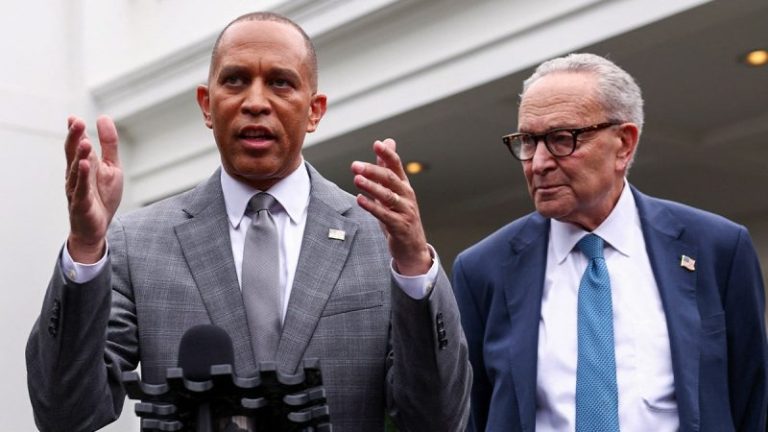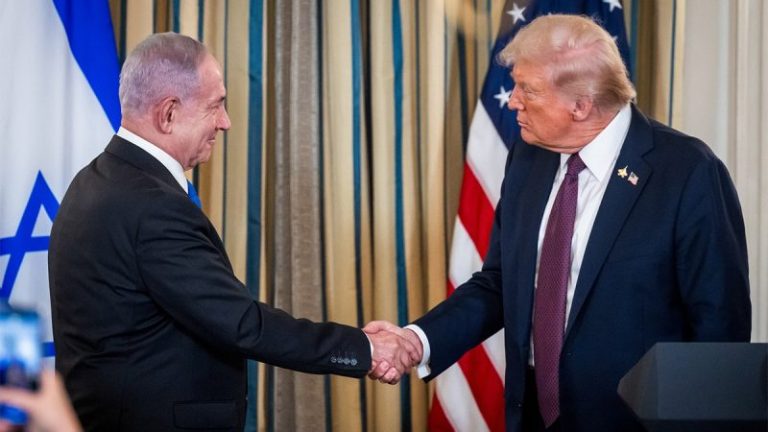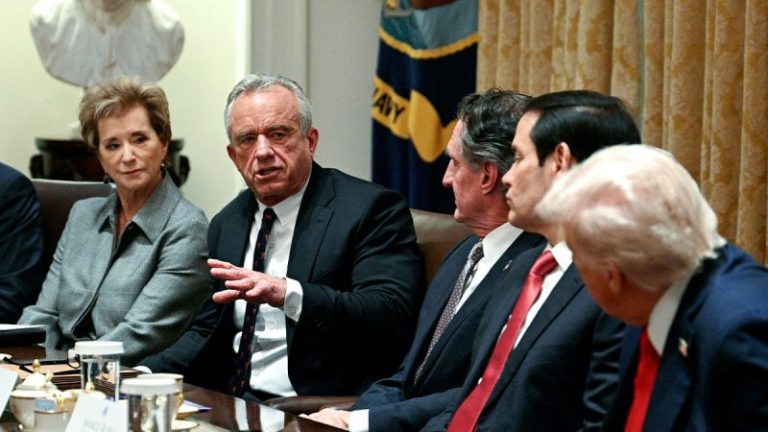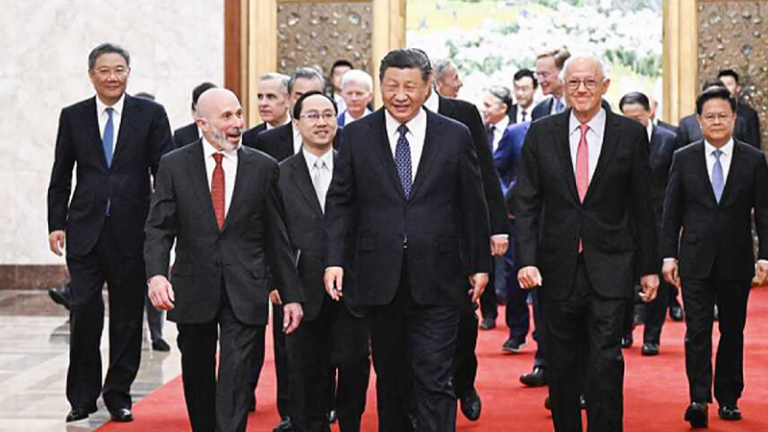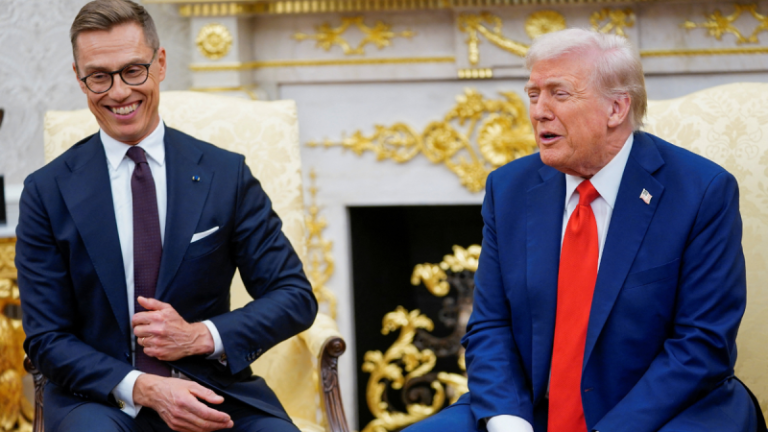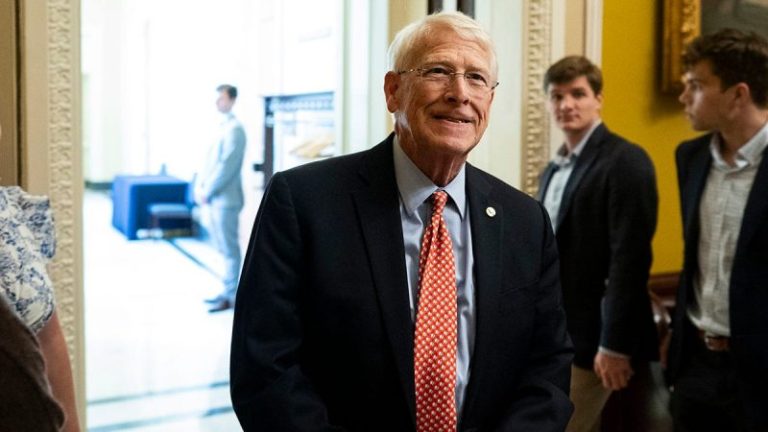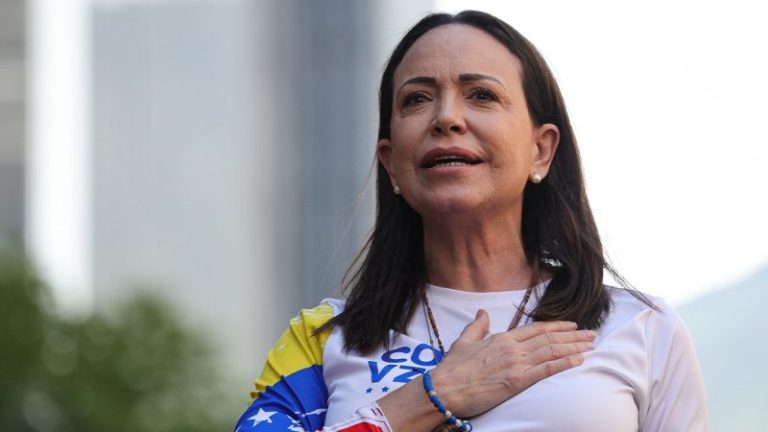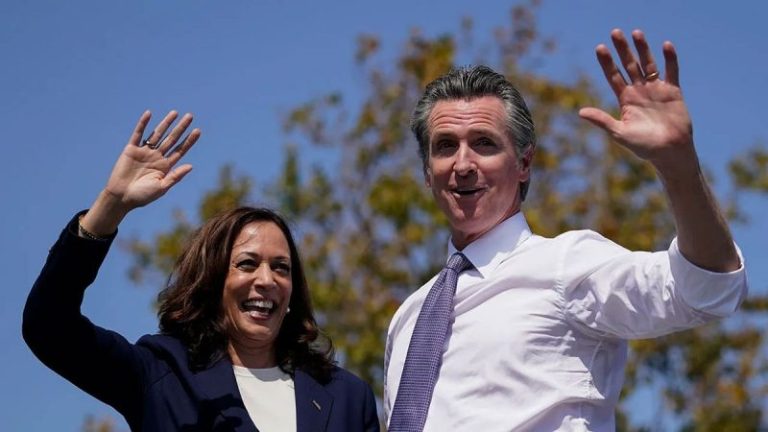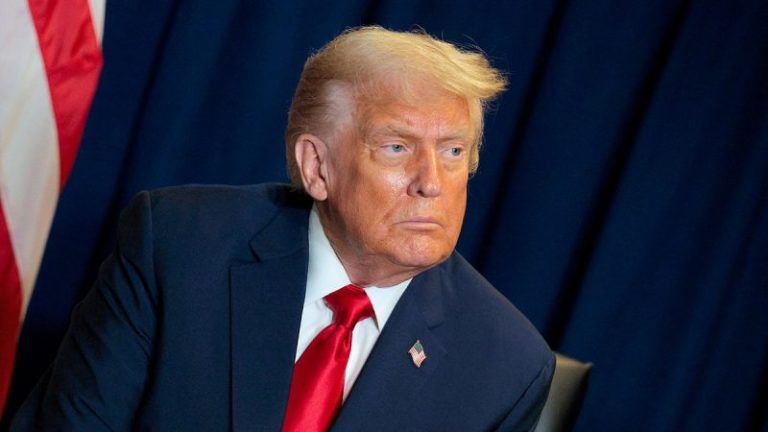The government shutdown is poised to enter a third week, and Democrats still appear to be struggling in the search for a cohesive messaging strategy.
Senate Minority Leader Chuck Schumer, D-N.Y., received a barrage of GOP-led attacks on Thursday after he told Punchbowl News, ‘Every day gets better for us’ in reference to the shutdown dragging on.
Meanwhile, House Democrats’ group selfie taken on Sept. 29, just before the shutdown, received criticism from both sides of the aisle. Former Rep. Adam Kinzinger, R-Ill., who’s become a fierce critic of the GOP since leaving office, wrote on X, ‘These selfie things need to stop guys. Honestly, the democrats were great at social media but social media moved on from them. The kitschy, goofy ‘choose your fighter’ type stuff needs to stop.’
Democrats have been fighting to center the discussion on healthcare, and their argument that any deal to reopen the federal government must at least include an extension of COVID-19 pandemic-era enhanced Obamacare subsidies that are set to expire at the end of this year.
And while polls show that Americans overwhelmingly do support extending the subsidies, surveys taken of the government shutdown have been more mixed, with a significant number of Americans blaming both parties.
A new Reuters/Ipsos poll released on Wednesday showed 67% of Americans believe Republicans deserve ‘a fair amount or a great deal of blame’ for the shutdown, compared to 63% for Democrats.
A New York Times/Siena poll taken on the eve of the shutdown showed that Democrats had a similarly thin edge over the GOP in the shutdown fight, but that 65% of people did not believe Democrats should shut down the government if their demands were not met.
‘Democrats keep choosing the wrong fights, including the shutdown fight. At best, the shutdown will give them a political draw where the public will blame both parties,’ Julian Epstein, a former Democratic staffer for the House Judiciary Committee, told Fox News Digital.
‘But they will not get a game change out of this conflict, and the risk for them is the longer it goes on, the public will see it’s the Democrats who are narcissistically voting to shut down the government after losing the election.’
During an appearance on ‘Real Time With Bill Maher’ earlier this month, CNN political commentator and former Obama administration appointee Van Jones said Democrats ‘do the wrong thing at the wrong time for the right reason.’
Jones said he was in favor of extending the Obamacare subsidies but argued that it may have been folly for his party to pick that fight over the shutdown before people even got notice of their premiums potentially rising.
‘I get it, the base is upset … ’Please do something, do anything,’ but the ‘something’ probably shouldn’t be throwing a bunch of people out of work in the federal government and crushing the American government’s ability to function right before the pain was about to start,’ he said.
And it’s not yet clear if Democrats have an agreed-upon roadmap for how to navigate the shutdown yet.
Late last week, just before Speaker Mike Johnson, R-La., announced that the House would be out of session for another week while Republicans’ funding bill stalled in the Senate, House Minority Leader Hakeem Jeffries, D-N.Y., unequivocally told Fox News Digital that ‘yes,’ he would call all House Democrats back to Washington to draw a contrast between the two sides.
He walked that back somewhat on Monday, however. When asked by Fox News Digital if he would still call the full caucus back, Jeffries said, ‘We have a caucus meeting at 6 p.m. today. We’ll have a House Democratic Caucus leadership meeting, that’s the full leadership, tomorrow. And I expect a strong presence of House Democrats throughout here in Washington.’
What he did not specify, however, was that the 6 p.m. caucus meeting was virtual.
At another press conference this week, Jeffries called a one-year Obamacare subsidy extension compromise bill ‘laughable’ despite it getting support from 11 members of his own Democratic caucus.
He walked those comments back again, ‘If anything is presented to us, of course, the caucus will consider it in good faith.’
But Republicans have also garnered their share of public criticism for shutdown messaging as well.
President Donald Trump’s aggressive rhetoric on federal employee layoffs put congressional Republicans in a difficult position earlier this month, though Trump has since softened his language and not yet carried out those firings.
The White House’s depiction of Jeffries in a sombrero on multiple occasions has also been panned as racist by critics.
Mike Nellis, a Democratic strategist and founder of campaign consulting firm Authentic, said Democrats were doing the right thing in focusing on health care while criticizing Republicans’ messaging.
‘I think that focusing on the health care subsidies, which are undeniably popular, has been a really smart thing for Democrats to do,’ Nellis told Fox News Digital.
‘I think that the Republicans have played right into their worst tendencies on this, which is, much of their messaging is aggressively online-focused. The sombrero stuff is mildly funny. But then they went all in on it, and they don’t have a good answer to the health care subsidies.’
Nellis also argued that Republicans’ touting of a ‘landslide’ electoral victory has set them up for a larger share of the blame.
‘When you create the conditions where you talked about the mandate that you have and the government shuts down on your watch, you’re responsible for the government shutdown,’ he said.
Still, he said he would grade Democrats with a ‘B, B minus’ on their messaging, adding that it’s ‘not perfect.’
‘Maybe the answer is … Republicans are losing the shutdown fight, rather than Democrats are winning it,’ Nellis said. ‘But I mean, I just think we’ve got a lot more right than a lot more wrong, which is the first time you can say that in quite a while.’

